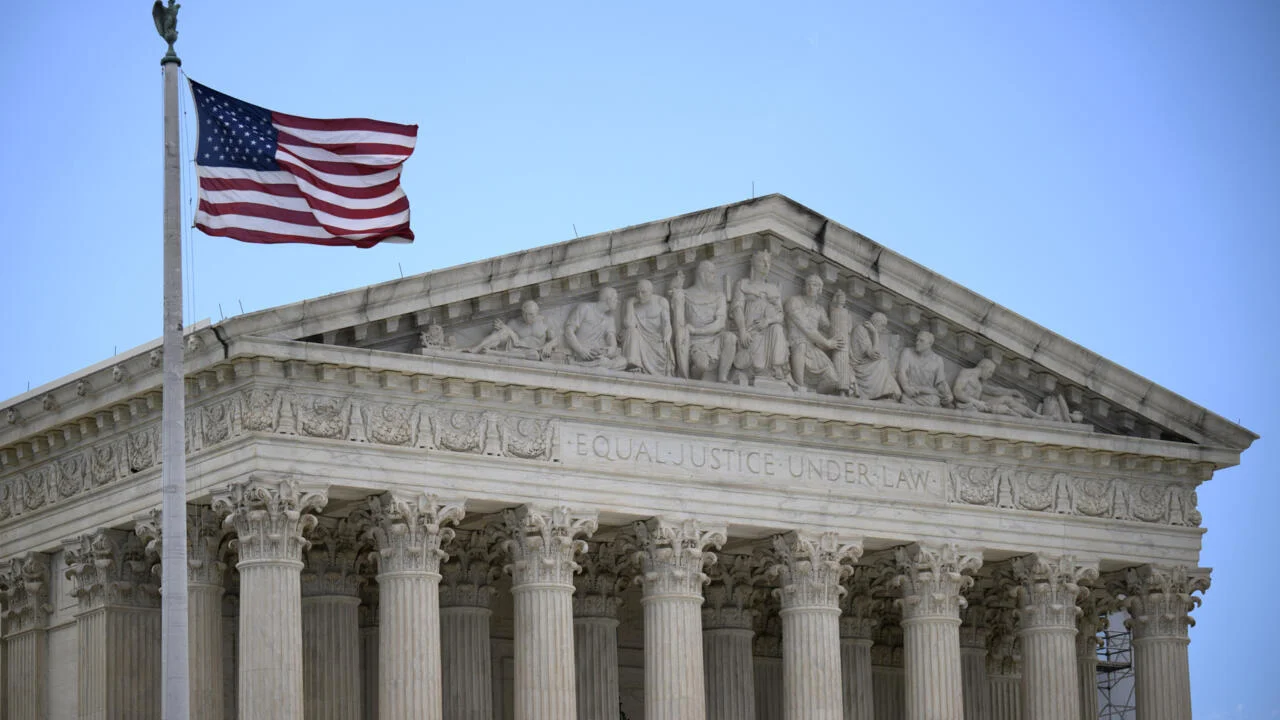WASHINGTON: The US Supreme Court appeared skeptical Wednesday about the legality of a series of Donald Trump’s tariffs, as justices examined a case that could significantly impact the former president’s trade agenda.
The case centers on Trump’s use of emergency powers under the International Emergency Economic Powers Act (IEEPA) to impose tariffs on nearly every US trade partner, including Mexico, Canada, and China, over alleged involvement in illicit drug flows. Billions of dollars in customs revenue and a key lever in Trump’s trade wars hang in the balance.

Justices Question Presidential Authority
During a hearing lasting over two-and-a-half hours, several conservative justices, along with the three liberal justices, questioned whether IEEPA gives the president authority to impose tariffs.
Chief Justice John Roberts said, “The statute doesn’t use the word tariffs,” noting that imposing tariffs is akin to taxation, which has traditionally been a core power of Congress.
Justice Sonia Sotomayor echoed this, stating, “The power to impose taxes is a congressional power, not a presidential power. You want to say tariffs are not taxes, but that’s exactly what they are.”
Trump’s appointed justice Neil Gorsuch raised questions about whether Congress can reclaim powers once delegated to the president, warning that “as a practical matter in the real world, it can never get that power back.”
Arguments For and Against the Tariffs
Solicitor General John Sauer, representing the Trump administration, argued that the president has broad inherent powers to regulate foreign commerce, framing tariffs as a tool of national security and economic protection, not taxation.
Meanwhile, Neal Katyal, representing small businesses challenging the tariffs, described it as “simply implausible” that Congress gave the president authority to overhaul the entire US tariff system through IEEPA alone.
Justices also raised concerns over potential refunds if the tariffs were overturned. Justice Amy Coney Barrett called the process “a mess,” highlighting the practical difficulties of reversing the measures.
Potential Implications
Trump did not attend the hearing, but several top officials, including Treasury Secretary Scott Bessent and US Trade Representative Jamieson Greer, were present.
If the Supreme Court rules the tariffs illegal, companies could face uncertainty, and the government may rely on other laws to temporarily impose duties of up to 15 percent while pursuing more permanent solutions.
Analysts note that upholding Trump’s tariffs would shift significant power from Congress to the president, a potential precedent for future trade policies.
Josh Lipsky of the Atlantic Council observed that justices, while skeptical, appeared concerned about fallout from overturning the tariffs: “How do the refunds work? What does this mean for the president’s foreign policy ability to negotiate deals?”
Background
Trump’s tariffs raised the average effective rate to its highest since the 1930s, though they have not caused widespread inflation. A lower court previously ruled in May that the former president exceeded his authority, setting the stage for the Supreme Court review.
The outcome, expected in the coming months, could fundamentally affect presidential authority in US trade and the balance of power between Congress and the White House.




